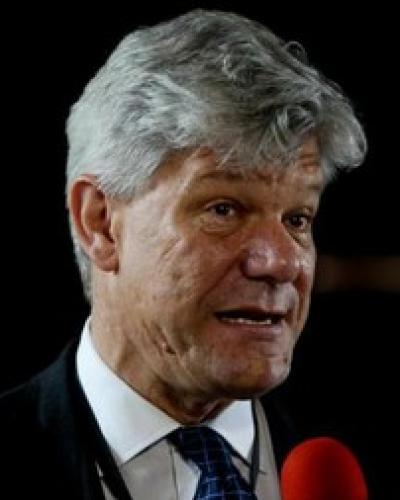Bogota, January 22 (RHC-teleSUR)-- The United Nations Office in Colombia on Wednesday released a report on the environmental challenges of Colombia’s peace process, especially of the post-conflict period once a final accord is achieved.
The UN Humanitarian Coordinator for Colombia, Fabrizio Hochschild said the concerns over the environment are based on previous observations of negative environmental impacts experienced during post-conflict periods on other countries such Angola, the Democratic Republic of Congo and Guatemala.
“International experiences have shown that the implementation of a peace accord could end up damaging the environment if preventive measures are not taken,” Hochschild pointed out.
The report titled “Construction of a Stable and Sustainable Territorial Peace” explains that activities linked to the dynamics of the conflict such as anti-personnel mines, planting of illegal crops, illegal mining activities and armed disputes on protected territories, have caused deep damages to the Colombia’s environment.
But paradoxically the armed conflict has also had somehow a positive side effect on the environment.
“The great paradox is that the existence of conflict, by preventing access, by stopping the building of infrastructure, by reducing the access for mining companies for building a road, ironically can actually protect the environment,” Hochschild stated.
The UN Office in Colombia has identified 125 municipalities of a high priority for the implementation of the peace accords. Those municipalities are not just where the armed conflict has been raging, but also where the most environmentally important areas happen to be.
Once Colombia enters in to a post-conflict era, infrastructure enlargement, introduction of new markets, agriculture development, de-mining procedures and substitution of illegal crops would take place on those prioritized regions. The UN is hoping that those are achieved in a responsible manner as well as being mindful of the environment impact.
Those environmentally significant regions are located in a “part of the world that is important not only for Colombia but for the region as a whole, and the intense of diversity of species and contribution to global climate is important for the whole world,” Hochschild concluded.


